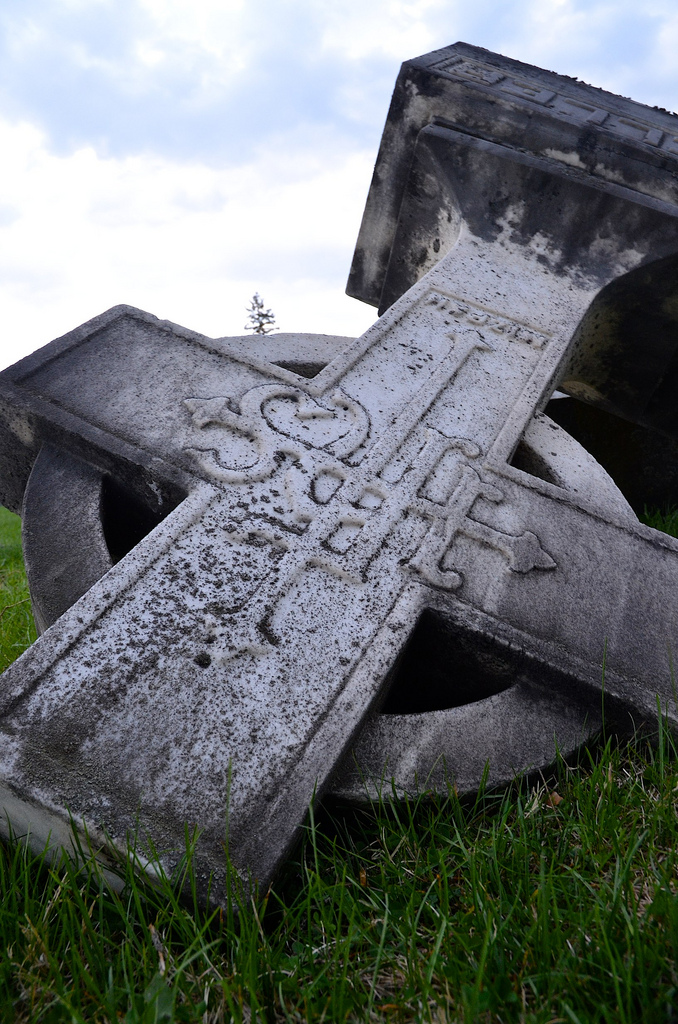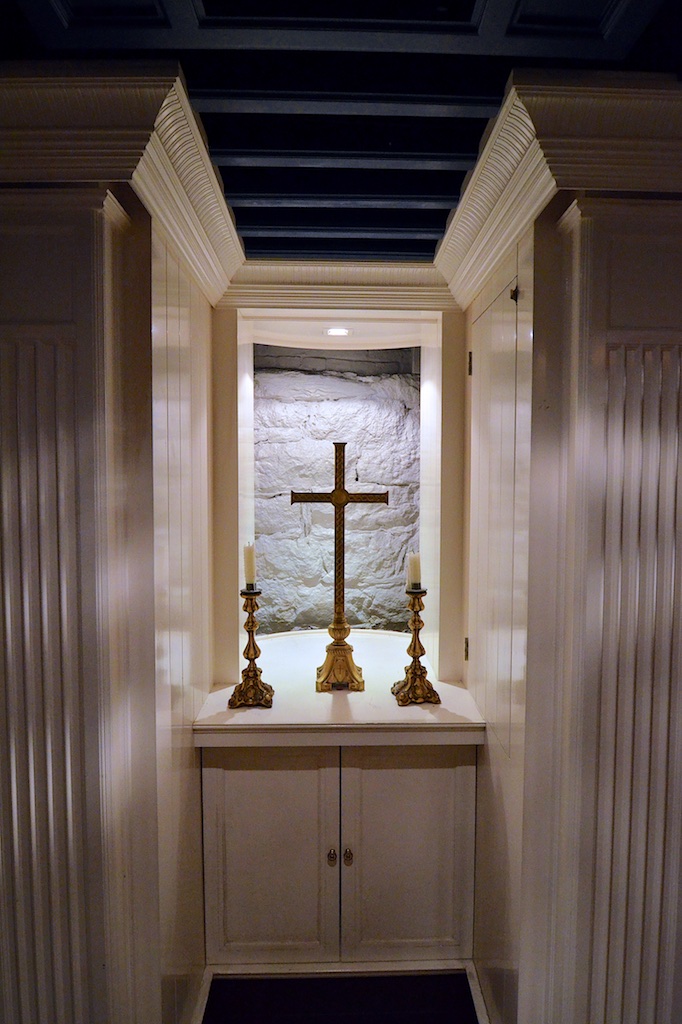This past summer I wrote a series of devotions that were published on the Emerging Scholars Network blog [mfn]The Emerging Scholars Network (ESN) is a national network within InterVarsity’s Graduate & Faculty Ministries which supports those on the academic pathway as they work out how their academic vocation serves God and others. We encourage and equip undergraduates, graduate students, postdocs, and early career faculty as they navigate each stage of their academic vocation and transition to the next step in or beyond the academy.[/mfn]. Over the course of this week I will published them here on Targuman. I encourage you to take a look at ESN and consider supporting and contributing yourself. We will be holding a meet-up at this SBL this November, if you are there I hope you can join us!
Scripture
Jeremiah 18:1 The word that came to Jeremiah from the LORD: 2 “Come, go down to the potter’s house, and there I will let you hear my words.” 3 So I went down to the potter’s house, and there he was working at his wheel. 4 The vessel he was making of clay was spoiled in the potter’s hand, and he reworked it into another vessel, as seemed good to him.
5 Then the word of the LORD came to me: 6 “Can I not do with you, O house of Israel, just as this potter has done?” says the LORD. “Just like the clay in the potter’s hand, so are you in my hand, O house of Israel. 7 At one moment I may declare concerning a nation or a kingdom, that I will pluck up and break down and destroy it, 8 but if that nation, concerning which I have spoken, turns from its evil, I will change my mind about the disaster that I intended to bring on it.” (NRSV)
Reflection
This passage is the Lord calling Judah to repentance and offering them a way back from their impending punishment and destruction. He has declared through Jeremiah that if they do not return to observing his Law, especially caring for the poorest among them and keeping the Sabbath holy, then he will bring calamity upon them. On the other hand, if they will turn from their evil, he will change his mind. The vessel that the potter began to make one way can be remade in another.
While the importance of repenting of our sin and returning to God’s ways remains paramount in our lives as Christians, I have also found that we often have a need to “repent” of our initial designs for our lives. When we sat down at the potter’s wheel we might have had one object in mind, but as the clay of our lives is worked and shaped we must be open to allowing a new shape to be formed. I have seen this vividly in my own life and that of my students.
When I began college thirty years ago I was intent on being “a real doctor.” I loved science and medicine, I had interned at NIH, and I was going to be a physician. Until I wasn’t. A combination of factors contributed (calculus and I still have a tenuous relationship), but by the spring of my freshman year, in fact, exactly thirty years ago this year, it became clear that I would not be pursuing a chemistry degree and medical school was no longer in my future. I realize now that I grieved the loss of those dreams. It took me time to see a new path forward and one that I have never regretted.
After many years of graduate school and twists and turns in my career, I eventually found myself sitting across the table from an incredibly smart and talented student who was having to come to terms with the fact that her dreams of becoming a physician would not come to fruition. In my decade as dean of the Schreyer Honors College I probably had similar conversations with close to a dozen students a year. Not all wanted to be physicians; some had intended to be architects or professional athletes, but each had their own vision of their future and, due to various factors, such goals would remain beyond their reach. (Oddly enough, not a single student wanted to become an academic administrator. Imagine that.) These were some of the smartest students in the nation, yet they each hit some roadblock that prevented them from moving forward on their intended path. What they needed at that time was the assurance that there are other paths for them to follow, to know that although they had intended to be one kind of vessel. They needed to be reassured that, if they would allow it, the Potter will shape them into something even more beautiful and useful.
We have each been “fearfully and wonderfully made” (Ps. 139:14), but it is a mistake to think that we have been irreparably cast from a set mold and cannot be remade by God. This is true for all us no matter our age, status, or rank. If we push against God and his direction for our lives we will meet resistance and we will shatter. But if we allow God to shape and reshape us, then we will be amazed at the beauty and the usefulness of the vessel we have become.
Questions
- At what points have you been “re-formed” in your life, career, or relationships?
- How can reflecting on that process help you guide others through similar times?
Prayer
“Direct us, O Lord, in all our doings with your most gracious favor, and further us with your continual help; that in all our works begun, continued, and ended in you, we may glorify your holy Name, and finally, by your mercy, obtain everlasting life; through Jesus Christ our Lord. Amen.”
— “A Prayer for Guidance,” The Book of Common Prayer, p. 832.





